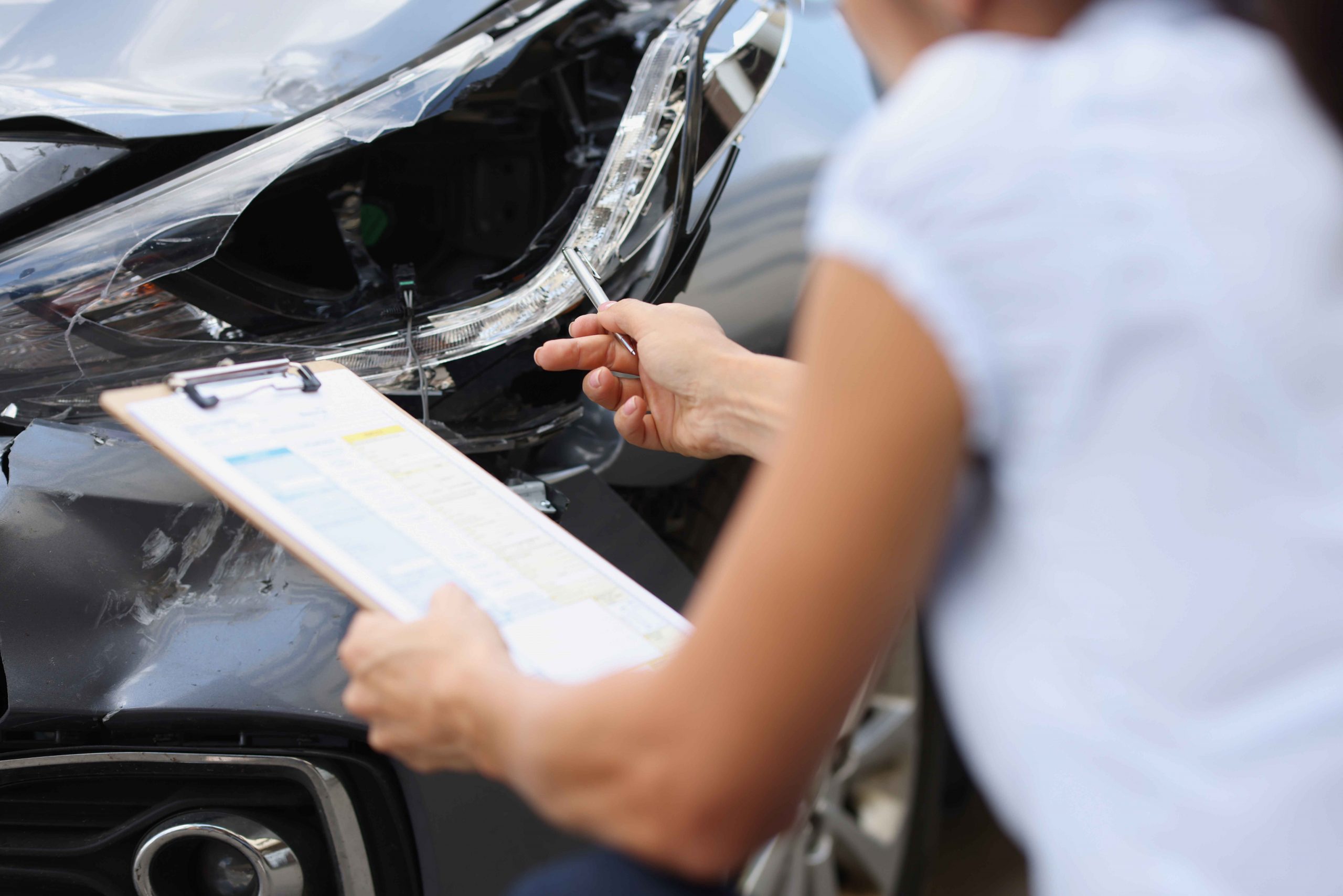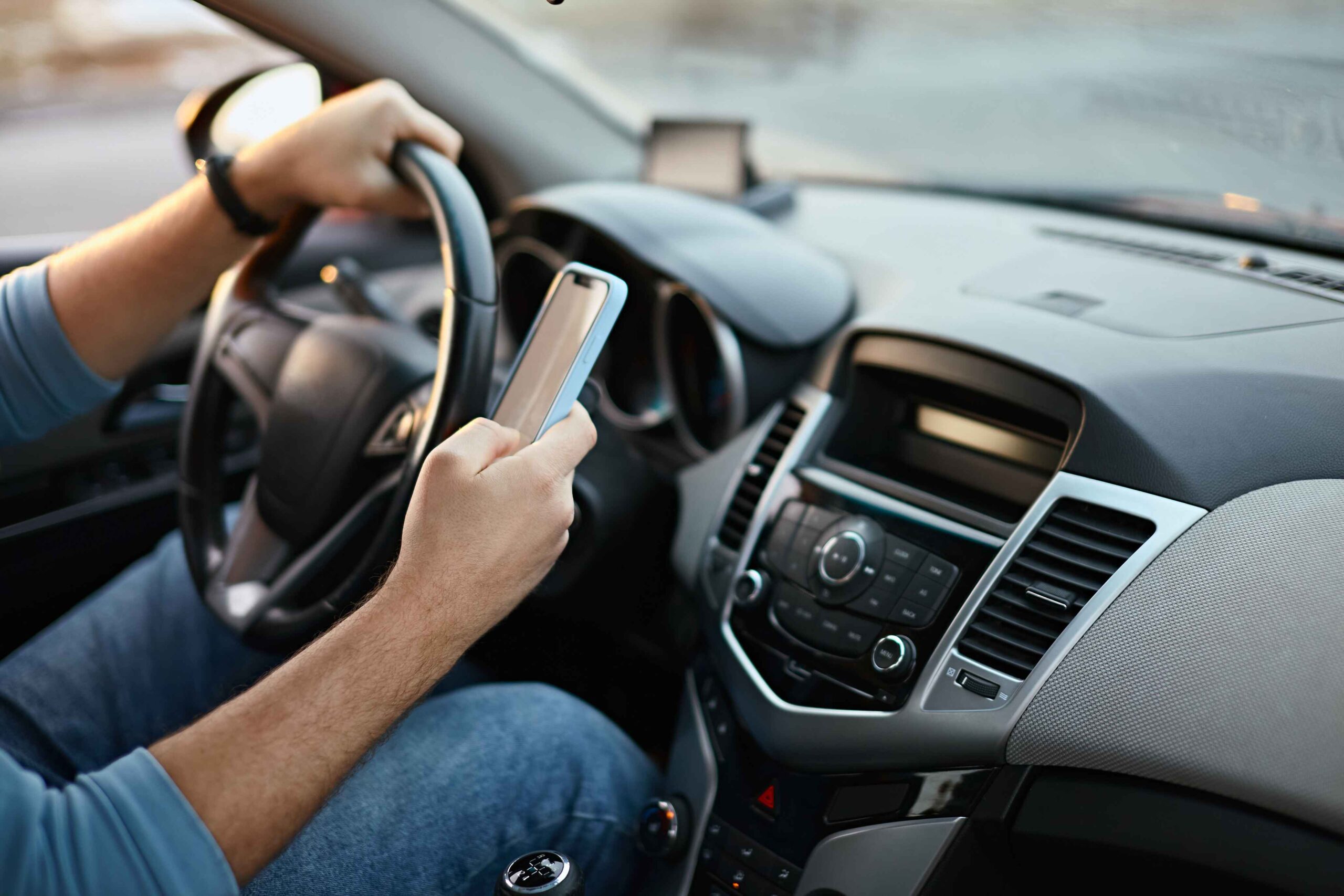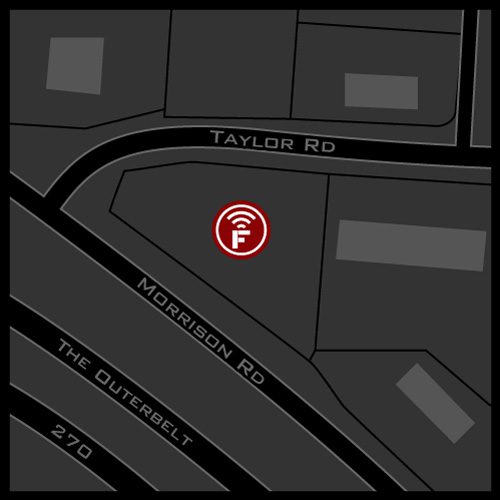
Kinsey Higgins is a writer for Legal Akomplice, a Legal Marketing Technology Agency.
Being involved in a pedestrian accident can be overwhelming, but knowing the right steps to take can significantly strengthen your case. One of the first priorities is seeking medical attention, even if injuries seem minor. According to the California Office of Traffic Safety, there were over 14,000 pedestrian injuries reported statewide in 2022, highlighting the importance of prompt action. Sacramento residents should ensure their injuries are thoroughly documented, as these records play a crucial role when working with a car accident law firm.
Next, gather evidence from the scene. Photos of the location, damaged vehicles, skid marks, and traffic signals can provide critical context. If possible, collect contact information from witnesses, as their accounts could corroborate your story. Reporting the incident to local authorities is equally important.
Lastly, avoid discussing the accident with insurance adjusters before consulting a personal accident lawyer. Insurance companies may attempt to minimize payouts, so having legal guidance ensures your rights are protected. As Super Woman Super Lawyer Maryam Parman advises, “Insurance companies are not your friends after an accident.”
Why Hiring a Personal Accident Lawyer Is Key
Pedestrian accident cases often involve intricate legal details that require an experienced personal accident lawyer. Sacramento’s bustling streets create scenarios where liability may not always be clear. Whether the driver failed to yield or distracted driving was involved, a lawyer’s expertise is critical in identifying all responsible parties.
Personal accident lawyers are skilled in analyzing medical records, accident reports, and other evidence to build a compelling case. They can also help calculate fair compensation for medical bills, lost wages, pain, and suffering.
In Sacramento, where pedestrian traffic is high, victims might face aggressive tactics from opposing parties or insurers. A personal accident lawyer acts as a buffer, ensuring you aren’t pressured into accepting a low settlement. They can also guide you through filing deadlines and courtroom procedures if your case goes to trial.
Working with a car accident law firm increases your chances of receiving the compensation you deserve. Remember, choosing the right representation can make a significant difference in the outcome of your claim.
The Role of Automobile Accident Lawyers in Sacramento
Automobile accident lawyers are instrumental in helping victims navigate pedestrian accident claims. Their expertise extends beyond basic legal advice—they analyze evidence to establish liability and negotiate with insurance companies on your behalf. In Sacramento, with its diverse road networks, these professionals understand local traffic laws and regulations that could impact your case.
One of the key services automobile accident lawyers provide is a thorough evaluation of your claim’s value. Pedestrian accidents often result in severe injuries, from broken bones to traumatic brain injuries, which can lead to significant medical expenses. An attorney will calculate current and future costs to ensure you are adequately compensated.
Additionally, automobile accident lawyers in Sacramento often have access to accident reconstruction experts who can recreate the incident. These reconstructions may help clarify the circumstances of the crash and strengthen your case.
Collaborating with a Traffic Accident Injury Attorney
A traffic accident injury attorney plays a pivotal role in pedestrian accident cases by managing negotiations and litigation to secure fair compensation. These attorneys are adept at handling complex cases where fault may be disputed. In Sacramento, where pedestrian injuries are not uncommon, their local expertise can significantly enhance your case’s strength.
One major advantage of working with a traffic accident injury attorney is their ability to deal with insurance adjusters. Many victims lack the experience to counter lowball settlement offers effectively. Attorneys understand tactics used by insurers and can negotiate aggressively to protect your interests.
Choosing a Top Rated Accident Attorney in Sacramento
Selecting a top rated accident attorney is one of the most critical steps in building a strong pedestrian accident case. These attorneys have a proven track record of success and a deep understanding of Sacramento’s legal landscape. Their ability to handle high-stakes cases ensures victims receive the representation they deserve.
Top rated accident attorneys often focus on client-centered strategies. They take the time to understand the specifics of your case, ensuring no detail is overlooked. Whether through settlement negotiations or courtroom advocacy, these lawyers prioritize maximizing compensation for their clients.
Another factor that sets top rated accident attorneys apart is their reputation. Many are recognized by peers and industry organizations for their excellence. Positive client testimonials further illustrate their commitment to justice and their ability to deliver favorable outcomes.
Engaging with a car accident law firm in Sacramento gives you access to these top professionals. By doing so, victims can rest assured that every aspect of their case is handled with care. As Sacramento continues to address pedestrian safety concerns, having the right legal representation is essential for those affected by traffic accidents.








